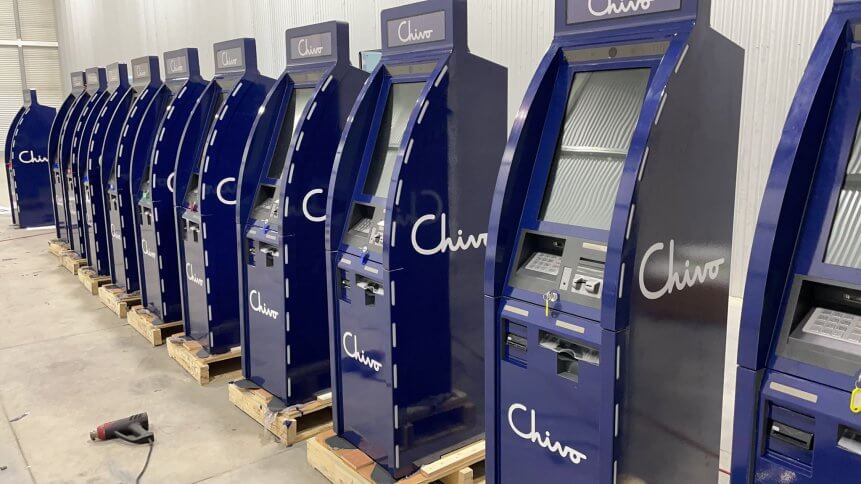El Salvador embraces Bitcoin as new legal tender powering financial inclusion

- The ATMs will allow its citizens to convert the cryptocurrency into US dollars and withdraw it in cash
- Transactions will be commission-free, with 50 financial branches across the country for withdrawing or depositing funds
- Adopting Bitcoin will save Salvadorans US$400 million/year in fees for receiving cross-border remittances, says the President
El Salvador’s Bitcoin law will take effect on September 7 this year, and Salvadorans will be able to download the government’s Chivo digital wallet, enter their ID number and receive US$30 in Bitcoin, according to the country’s finance minister Alejandro Zelaya. In preparation for adopting Bitcoin as legal tender, the government is further rolling out 200 ATMs and preparing 50 bank branches across the nation, to allow residents to exchange crypto for fiat (that’s classical money to you and me) easily.
Adoption is not compulsory though, President Nayib Bukele said, noting that those not interested in using Bitcoin would be able to exchange the Chivo wallet amount for cash at any of the physical locations. He also reiterated that the US dollar will continue to be in circulation. So far, the El Salvador government has created a US$150 million fund to back Bitcoin to US dollar conversions.
Los #PuntosChivo se están construyendo en todas partes.
Ahí podrán recibir ayuda en cómo utilizar la aplicación, como funciona el #bitcoin, como retirar o depositar dinero, como usar los cajeros y como recibir dinero de cualquier parte del mundo.
Todo SIN COMISIONES, a nadie. pic.twitter.com/mBU5G8OHzb
— Nayib Bukele 🇸🇻 (@nayibbukele) August 23, 2021
The road to accepting Bitcoin as legal tender
The government created Chivo, it’s own state-backed crypto wallet that would be compatible with the new ATMs and would be interoperable with any existing crypto wallet. “What if someone doesn’t want to use Bitcoin?” Bukele asked. “Don’t download [Chivo] and continue living your normal life. Nobody is going to take your dollars.”
In 2019, cross-border remittances comprised almost US$6 billion — or one-fifth — of El Salvador’s total GDP, one of the highest ratios in the world. Bukele has maintained his Bitcoin adoption strategy is an attempt to slash transaction costs for the country’s 6.5 million citizens and help its significant unbanked population partake in the regional economy.
Passed in early June after Bukele pushed its speedy passage past the Salvadoran parliament, the nation’s Bitcoin adoption law does not have broad support in the country, with a recent poll finding less than 20% of El Salvadorans agree with the measure.
Even the country’s finance minister shared his assurances last week that consumer and business acceptance of Bitcoin will be “totally optional,” insisting no one will be sanctioned for not doing so. While a relief to many El Salvadorans wary about forced adoption, the announcement contradicts the original language of the bill which stipulated that businesses and governments must accept Bitcoin for payments of goods, services, taxes, and fines. Zelaya did not provide clarification on this apparent contradiction.
El Salvador vs the world
Many Central American countries are eagerly waiting to see if El Salvador’s adoption of bitcoin as a parallel legal tender cuts the cost of remittances, an important source of income for millions of people, according to the region’s development bank.
It also has faced criticism from the International Monetary Fund, which issued stern warnings to other countries against following El Salvador’s example, as well as institutions like Fitch Ratings, which predicts fallout from the Bitcoin law will hurt the nation’s insurance sector.
Fitch reckons most notable is the risk of exchange-rate volatility, stemming from the requirement that insurers accept Bitcoin. Such firms will be under pressure to quickly convert Bitcoin to dollars to avoid price risk. If that is not possible, insurers could face steep losses should Bitcoin prices sell off in large volumes.










